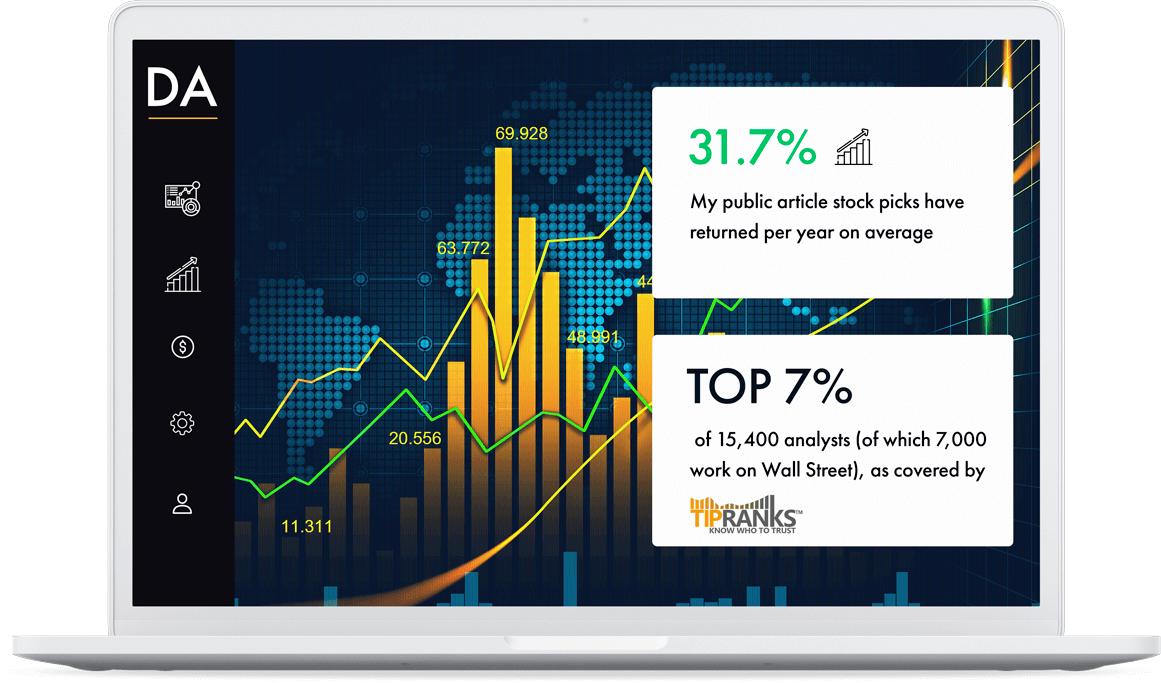The traditional way people think about investing is: “buy a stock and than sell it when it’s higher”
However, that leaves investing success at the mercy of the stock price movement.
If the stock price goes up – you do well, if it goes down – you lose.
That means your investing success is directly tied to someone else willing to pay a higher price for those shares, which is not ideal.
That’s a huge advantage dividend investors have – their investing success relies on the strong performance of the business behind the stock, regardless of what the stock price does.
As long as the company is generating more earnings and cash flows to fund the dividend payments to shareholders, dividend investors do well.
It doesn’t matter what the market is currently willing to pay for those shares, you get cash returns from the company itself.
As the movement of the stock price is of no importance to a dividend investor, the price action shouldn’t influence your selling decision at all.
However, that doesn’t mean a dividend investor can just buy and forget about an investment.
A mantra that serves dividend investors well is: “buy and monitor”.
The company’s fundamentals need to be constantly monitored to make sure that the business is performing well. If business is strong, the company can afford to keep rewarding shareholders with growing dividend payments.
Reasons to sell as a dividend investor:
- The dividend is cut or eliminated ( exceptions could be made during CoVid, if the company’s operations were shut down by the government, for example mall owners)
- Earnings and cash flows stagnate or decline over time, limiting the company’s ability to pay out a growing, sustainable dividend
- The company changes its dividend policy, which threatens the dividend. For example if a hard cap is set on a dividend as a % of earnings – this means the dividend will fluctuate with earnings. Likely dividend cut during a recession in this case.
- Balance sheet becomes overlevered. If a company takes on too much debt in comparison to its earnings power, it has to divert a larger % of cash flows towards paying down that debt. That means less cash flows are available for dividend payments.
- The industry that the company operates in is in secular decline due to changing customer preferences or new technologies.
People usually try to avoid selling at all costs, especially if its at a loss. Often times hanging on to “a loser” for far too long. You should never make an emotional investing decision. If a company no longer meets the criteria required to help you closer to your investing goals – it has no place in your portfolio anymore.
Example of a recent sale in my portfolio: British Land plc(BLND)
British Land had been a part of my portfolio for a while. It’s a UK-based real estate company that owns office and retail real estate assets, mainly in London.
I sold shares due to reasons 3)”changes in dividend policy” and 5)”secular decline of industry”
Firstly, the company changed its dividend policy to pay out 80% of net income as dividends. At first glance it might not seem so bad. But for a real estate company, it’s a very poor metric to use as a guide. As net income includes depreciation&amortization charges, it doesn’t represent the true earnings power of a real estate company. Funds From Operations(FFO) is a more accurate measurement for that.
That means the dividend is now tied to a metric that is irrelevant for a real estate company.
Secondly, the company’s assets are losing value due to changing customer preferences.
Both retail and office segments are facing significant headwinds. On the office side, there is less demand for office space, as post-CoVid companies are moving towards a hybrid model of working sometimes from home and sometimes from office. Lower demand pushes down the rents. Retail assets are not doing much better, as e-commerce is progressively moving sales online, reducing the need for a physical location to generate revenues.
The combination of those factors makes British Land’s dividend unpredictable going forward. That doesn’t suit my investing goals, so I sold my ownership in this company and put the proceeds to work elsewhere.
NB! To see what I’m buying with the profits from this sale, click here.
Summary
Stock price movement shouldn’t influence your selling decisions. It’s something that constantly fluctuates based on the market sentiment in the short run, so it’s no point to focus too much on that. However, buying and then blindly holding the stock isn’t the right strategy either. After purchasing the stock, you should constantly monitor the fundamentals, to see if the business is still doing well. If the fundamental thesis for buying breaks down, you shouldn’t hold on to the shares, just because you don’t want to lose money. Getting rid of the fundamentally struggling companies to re-allocate capital to thriving businesses will improve the overall quality of your portfolio. A quality portfolio is what will help you achieve your financial goals.









